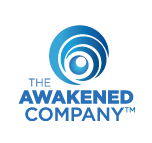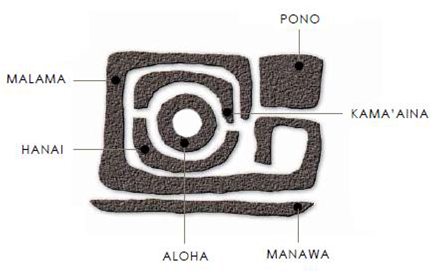Turtle Bay Resort is located on Oahu’s fabled North Shore and is focused on creating experiences for people that are worth being created into stories. The Resort has never ending health and wellness activities from kayaking with sea turtles to surfing to canoe surfing, shorkeling in the bay, hiking on some awesome trails, mountain biking, tennis, horses, outrigger canoe, and golf. Their entire business is focused on active lifestyle guests.
 This is a grass roots story of the revitalization and transformation of Turtle Bay Resort that provides three lessons for organizations undergoing a cultural reset in order to survive and thrive. The power of this transformation rests in ensuring the overall health of the entire community. Resort manager, Replay, utterly transformed a resort that was disengaged from the community and its staff, and that financially and culturally underperformed. In five short years, it created a new experience for guests, staff, and the community, became more sustainable, and embraced the culture and the history of the North Shore. The valuation of the hotel increased almost two-fold or $130 million during that time.
This is a grass roots story of the revitalization and transformation of Turtle Bay Resort that provides three lessons for organizations undergoing a cultural reset in order to survive and thrive. The power of this transformation rests in ensuring the overall health of the entire community. Resort manager, Replay, utterly transformed a resort that was disengaged from the community and its staff, and that financially and culturally underperformed. In five short years, it created a new experience for guests, staff, and the community, became more sustainable, and embraced the culture and the history of the North Shore. The valuation of the hotel increased almost two-fold or $130 million during that time.
The cultural practices of the team at Turtle Bay and the transformation of the resort have been key players in the financial success of the resort. In The Awakened Company, I show through both research and tangible case studies why today’s business model is broken and how there is a better way to do business that leads to better leaders, better teams, better organizations, better communities, and ultimately a better planet. Companies like Replay and their incredible results at Turtle Bay are proof the new Awakened Company business model works and that the old business model needs to be ditched.
Some History on Turtle Bay Resort
Opened in 1972 as Del Webb’s Kuilima Resort Hotel and Country Club, the resort was viewed as “closed” to the local community, an exclusive club for tourists with a gated main entrance to keep locals out. During the ’80s and ‘90s, the hotel deteriorated significantly through lack of upkeep and capital investment.
In 1998 it was purchased by Oaktrees Property, who did a major renovation, adding meeting rooms and a conference centre, along with developing condos. In 2006, Oaktrees arranged a large debt facility with a loan syndicate led by Credit Suisse.
Throughout this entire time, the exclusive and closed vibe continued. Locals weren’t welcomed, employees weren’t allowed to show their traditional tattoos, local customs weren’t permitted on the property, and  other restrictions were placed on employees. The local community viewed the hotel as an outsider that didn’t care about the island, its people, or local customs and tradition. Overall health of the team and community were not considered. Staff were disengaged and the corporate culture was poor. Because there was no focus on values, culture, staff, or community, poor financial results followed.
other restrictions were placed on employees. The local community viewed the hotel as an outsider that didn’t care about the island, its people, or local customs and tradition. Overall health of the team and community were not considered. Staff were disengaged and the corporate culture was poor. Because there was no focus on values, culture, staff, or community, poor financial results followed.
In 2010, the Great Recession was well underway, and the combination of hotel expansion just prior to the financial crisis, poor financial performance, and an unsustainable level of debt led to Oaktree’s defaulting on the debt and the lenders taking control of the resort.
The lender group appointed Replay as the Manager of the resort in 2010. Replay undertook a major rebranding and transformation of the culture and values of the resort. The result of this transformation:
- A $45 million investment in the resort – from major renovations and transformation of a hotel where you did “things” to a resort where you have experiences, to improved sustainable practices such as the installation of a solar electricity plant on the roof of the main hotel (resulting in 1/3 of the electricity usage coming from renewable resources and significant savings).
- An opening up of the resort – physically through the removal of the entrance gates, as well as psychologically through the welcoming of locals to the resort, the embracing of the history and culture of the North Shore, and engaging staff and the community in the development of the resort’s values and culture.
- Obtaining approval for a 725-room expansion to the resort by working with the community, vs. the previous owners who had created an “us vs. them” mentality.
- A $130 million increase in the valuation of the resort in 5 years.
 How was this transformation possible at such a moment in history? Many leaders of organizations that are currently struggling, performing poorly and unsustainably, tell me it’s too hard to change their organizations in tough financial times. When times are better, they say, they’ll look to become more sustainable, more engaging with their staff, more…
How was this transformation possible at such a moment in history? Many leaders of organizations that are currently struggling, performing poorly and unsustainably, tell me it’s too hard to change their organizations in tough financial times. When times are better, they say, they’ll look to become more sustainable, more engaging with their staff, more…
The story of Turtle Bay Resort and its complete transformation by Replay and the team at the resort says to these leaders that it’s when your company is struggling, performing poorly and unsustainably, that it’s most ripe for transformation. 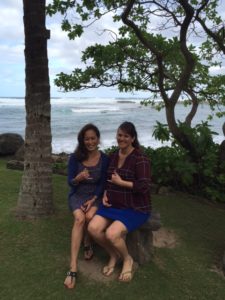
Three Key Lessons for Organizations Undergoing Cultural Transformation
I met recently with Danna Holck, Vice President and General Manager, and Noel Davis, Director of HR, to find out how Turtle Bay and Replay accomplished this incredible feat during tough financial times. Here are three key lessons for organizations undergoing a needed cultural transformation:
- Listen to your team and your community. Be concerned about their health.
Turtle Bay involved the local community and employees in their transformation. Leaders and managers wanted to hear people’s opinions on how to transform the total scene into one where people have unique onsite experiences every day. Listening creates trust, shows caring, generates support, and builds buy-in for the transformation. Leaders listened, then acted where it made sense. The organizational structure of Turtle Bay is now relatively flat, so that anyone can make suggestions for improvement. This also allows for better and quicker decision making. Values were created by the employees as well as by the local community, including elders in the community. These are Turtle Bay’s values:
| MANAWA | Time, season, period of time. |
| ALOHA | Affection, compassion, kindness, love, friendship, greeting. |
| KAMA’AINA | Being authentically local, native born, a host, acquainted with, familiar. |
| HANAI | Taking care of our families, treating guests and coworkers as family. |
| PONO | Goodness, proper, moral, righteous. |
| MALAMA | To care for. |
I was fortunate enough to have the opportunity to surf with Rocky, Bobby, and Rocky’s dog Hina. What an amazing experience. I could feel the embodiment of these values in my interactions with them, and also the
respect and responsibility embedded in Rocky. Rocky was initially against Turtle Bay and is now their Experiential Manager really, head of JOYFUL experiences!
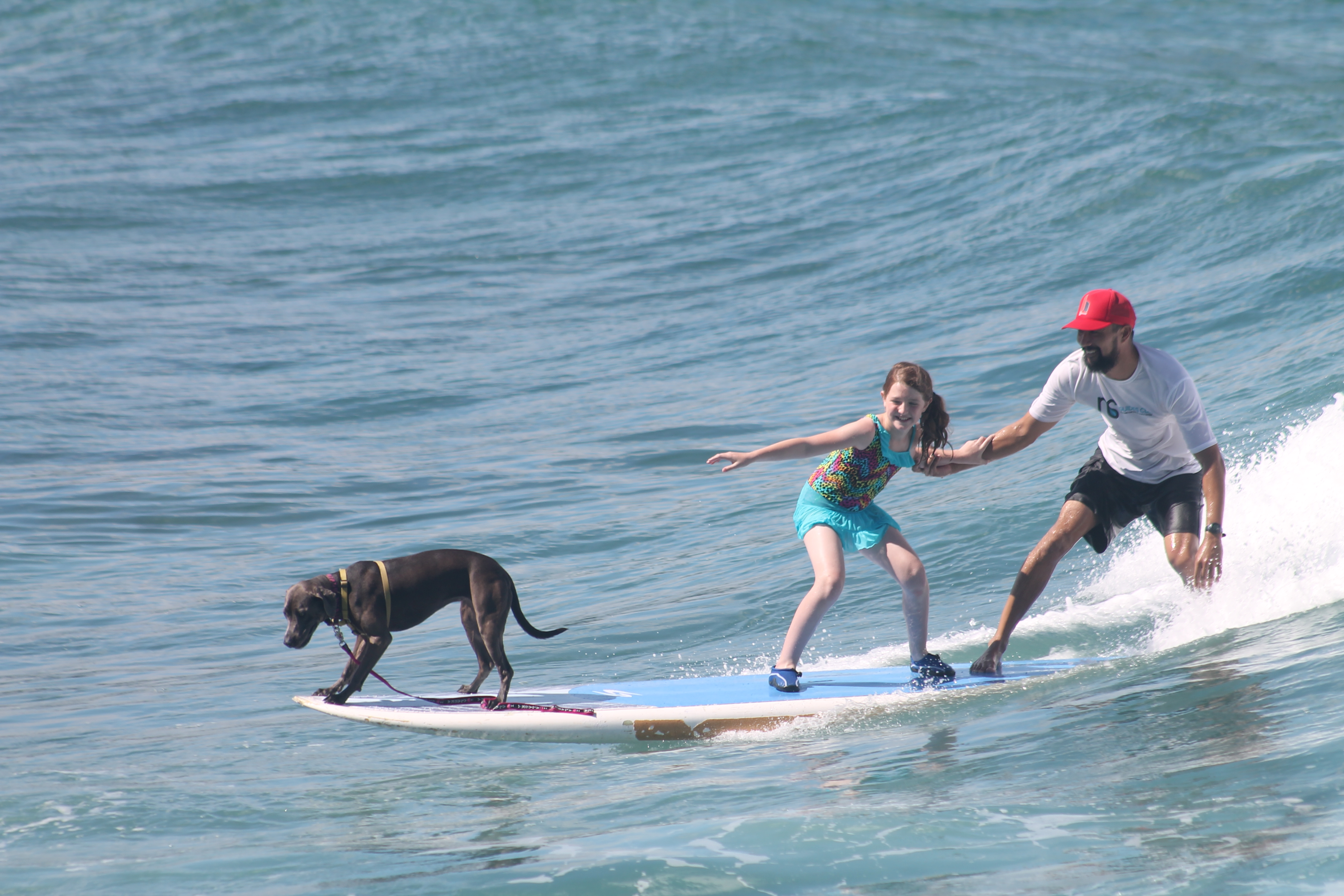
The results of these values are seen in happier and more-engaged staff, a community that works with the resort instead of against it, happier guests because the joy of the staff is infectious, resulting in better guest experiences, and better financial performance. The health of the community is considered and this has a direct impact on guests.
- Commit
Turtle Bay is committed to training and seeing things through. It has low turnover and is a “best workplac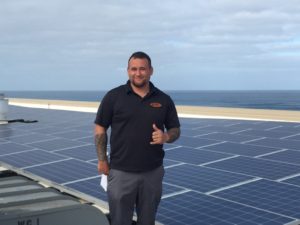 e“. Along with its sustainable energy program, with over a third of its power needs coming from its roof-top solar plant, it has lowered cooling costs with a green-living roof.
e“. Along with its sustainable energy program, with over a third of its power needs coming from its roof-top solar plant, it has lowered cooling costs with a green-living roof.
I met with Manny Crawford, the Facilities Manager to tour the roof-top solar plant and green roof. Boy, does he love his job! Why? He feels valued, listened to, and knows management is committed to doing the right thing.
It also took the Ownership’s money, trust, and unwavering commitment with significant risk to make the changes happen.
- Be Consistent
Turtle Bay believes one must be consistent in one’s actions when undergoing a major cultural transformation such as theirs. One example of this consistency is the reinforcement and sustaining (a key concept in The Awakened Company) of their values. When management notices a team member living Turtle Bay’s values, they are immediately recognized, thanked, and given a pog (small token). Team members can redeem their pogs for rewards such as lunches and swag. This consistent positive reinforcement of values shows the team that they are valued—that they make a difference, and people are grateful for their efforts.
recognized, thanked, and given a pog (small token). Team members can redeem their pogs for rewards such as lunches and swag. This consistent positive reinforcement of values shows the team that they are valued—that they make a difference, and people are grateful for their efforts.
Who wouldn’t want to work for an organization where you are valued, you matter, and that creates joy? It’s no wonder a culture like this outperformed organizations with disengaged staff who aren’t valued. Where would you prefer to work?
Considering their focus is on lifestyle and active experiences on the North Shore, they are keeping their team in mind.
The team at Turtle Bay still have some “work ons,” which they are aware of, challenging themselves to improve every day. One example of how they work on themselves concerns complaints they received regarding the quality and consistency of their restaurant food. Their problem was that they didn’t have sufficient staff to handle times of high demand. Facing up to this issue, they made a recommendation to Replay, who listened to them and immediately agreed to hire more food managers so the resort could perform better for its guests. The result is happier staff who aren’t overwhelmed, since they now have the capacity to handle busy times. Providing better food has resulted in guests whose overall satisfaction has increased.
Turtle Bay practices what is real and acknowledges people as human beings. “Aloha ” is one of their values. What I came to see during my stay at Turtle Bay is that Aloha is really a way of life, breath to breath, involving discovering the wonder of earth and recognizing that all is sacred and powerful.
Are you listening, committed, and consistent to your organization’s transformation? If your business is based on health and wellness, are you treating your people and community in a holistic and consistent way. Replay and Turtle Bay demonstrate that there is no time like the present to transform your organization if it’s struggling, performing poorly and unsustainable. Turtle Bay is an Awakened Company.
________________
Catherine Bell is a Founder of BluEra and The Awakened Company, an award-winning executive search and team transformation company, a fastest growing company, and author of award-winning and best-selling book, The Awakened Company. She has worked with Fortune 500 companies and entrepreneurs. She holds an MBA from Smith School of Business and a BA from the University of Western Ontario.
The Awakened Company is a movement. You can find The Awakened Company on Facebook, Twitter, LinkedIn, and the blog More information on Catherine Bell can be found here. Praise for The Awakened Company can be found here.
